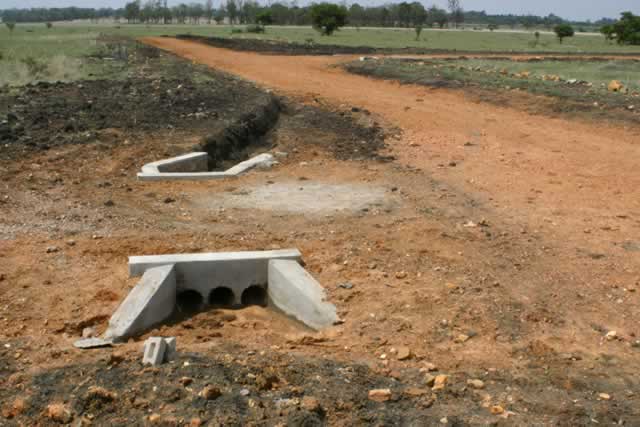Editorial Comment: NSSA board should include stakeholders

THE National Social Security Authority has often been criticized for poor investment decisions that have done little to improve the welfare of pensioners. As a result, Government has taken a position to review the authority’s investment policies, placing more emphasis on developmental investments. While the framework is not yet finalised, the decision taken by the authority to establish a building society to offer affordable housing units to civil servants and low income workers seems to make sense.
It will go a long way in addressing the national housing backlog estimated at around 5 million. The provision of affordable housing units is one the priorities of the Zimbabwe Agenda for Sustainable for Socio-Economic Transformation.
Having said that, we have noted an interesting dimension — a call by civil servants for direct representation of Government workers on the board of the proposed building society.
Their argument is that representation on the board would avoid a repeat of similar schemes in the past which ended up benefiting senior Government officials, leaving out those making the sacrifices. This, we believe, is a rational argument. Through their representatives on the board, workers will be exposed to information and can influence strategic decisions in their own favour.
Such representation at board level will also ensure that contributors know what is going on and lobby the board accordingly. Employee representation in strategic decision-making will result in a better reflection of the workers’ interests. Workers have a very strong standpoint which we had hoped Government would consider.
NSSA was constituted and established in terms of the NSSA Act of 1989, Chapter 17: 04, and is the statutory corporate body tasked by Government to provide social security.
The provision of social security can be defined as instituting public policy measures intended to protect an individual in life situations or conditions in which his/her livelihood and well-being may be threatened, such as those engendered by sickness, workplace injuries, unemployment, invalidity, old age, retirement and death.
It is based on the principle of social solidarity and pooling of resources and risks, involving drawing of savings from periods of employment, earnings and good health to provide for periods of unemployment, old age, invalidity and death. At the moment NSSA is administering two schemes: the Pension and Other Benefits Scheme and the Accident Prevention and Workers’ Compensation Scheme, although, in an endeavour to provide a more comprehensive social security package for Zimbabwean society, groundwork for the introduction of more schemes is underway.
Government’s objective in establishing NSSA centred on providing a safety net for workers but the way the authority has been run over the years has left a lot to be desired.
In every business investors who pump their resources into the company are rewarded first and foremost with board level representation. This helps to pick their minds on investment as part of decision-making. Boards of companies provide strategic direction and guidance, which are key to their survival.
Workers, therefore, being the key investors in NSSA, ought to be represented in the decision-making process and development of strategic plans for the authority.
Their inclusion on the board would help clear any grey areas to promote transparency. For years since inception, NSSA has been functioning as an elite club, making costly investments in dubious entities which have mostly collapsed, swallowing with them workers’ contributions.
In the process, NSSA has risked the pension benefits of retirees and those still in service. NSSA sank workers pensions into financial institutions which include Capital Bank, which is now in the process of liquidation.
It is currently sinking about $10 million into a shopping complex in Chipinge.
We are not suggesting that there should not be shopping malls in Chipinge but we question how the decision was arrived at. Is a shopping mall in Chipinge the best option to maximize returns for the workers? Is a shopping mall a higher priority compared to residential accommodation?
We are also aware that NSSA invested into StarAfrica Corporation and failed Interfin Bank. No-one to the best of our knowledge has been made to account for these questionable investment decisions.
That is why we feel the workers’ demand has a lot of merit. They should be top of the list of beneficiaries from every investment made in their name.
The only caveat is civil servants are not the only workers contributing to NSSA. There is need for inclusiveness in their thinking and selection and organise themselves accordingly.








Comments